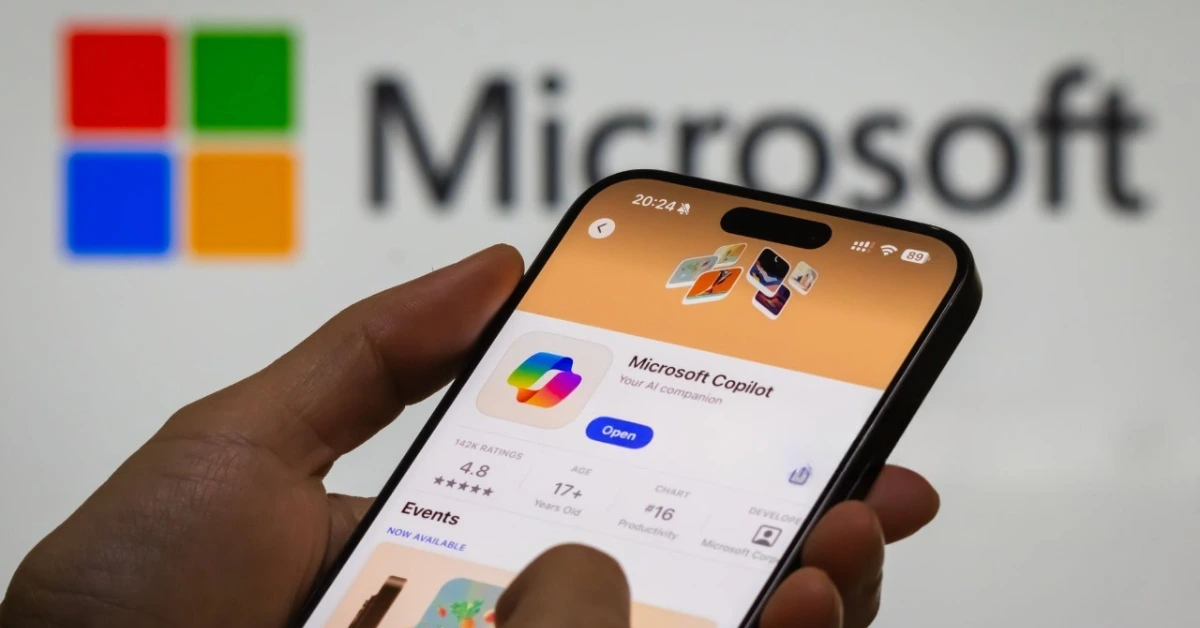Top Story: Google Agrees to Follow EU AI Rules, but Still Has ConcernsGoogle has announced that it will adhere to a set of voluntary AI rules established by the European Union. These rules are meant to help companies prepare for the EU’s new AI law, which begins on 2 August. The law applies to powerful AI tools that could pose big risks if not used properly. By signing the rules, Google agrees not to use stolen content for training AI, to provide clear information about how its AI works, and to respect requests from content owners. Other big AI companies, like Meta, have refused to sign, saying the EU is being too strict. Even though Google is signing the rules, it still has worries. A Google leader, Kent Walker, said the EU’s AI law could slow down how fast AI grows in Europe. He warned that some parts of the law may hurt businesses, like asking for trade secrets or taking too long to approve new tools. The EU also wants to ban certain harmful uses of AI, such as tracking people unfairly or using AI to make big decisions in jobs or schools. AI developers will need to register their tools and follow new safety checks. Zuckerberg Pitches Ray-Ban Glasses as Future of Personal AIMark Zuckerberg has shared Meta’s long-term vision for artificial intelligence, focusing on “personal superintelligence” AI tools that help individuals reach their goals and improve their lives. He believes this approach will continue the historic trend of technology freeing people to spend more time on creativity, relationships, and innovation. Rather than building AI to replace work entirely, Meta wants to empower individuals, giving them tools to direct their progress and ambitions. Unlike other tech companies aiming to automate all valuable work, Meta is taking a more personal route. Zuckerberg sees AI-powered devices, especially smart glasses that understand what users see and hear, as the future of daily computing. He suggests that people without such personal AI devices could be at a disadvantage. Meta is investing heavily in the infrastructure and talent needed to deliver these tools to billions, and it sees personal AI as the most useful kind of AI in the years ahead. Zuckerberg also acknowledged growing concerns about safety and openness. Although Meta has championed open-source AI models like Llama in the past, he now says not all superintelligent models should be shared openly due to the risks they pose. While Meta still believes in sharing AI benefits broadly, it is becoming more cautious about what it makes public. Zuckerberg says the rest of this decade will decide whether AI becomes a tool for personal freedom or a system that replaces society’s core functions. Meta is positioning itself firmly on the side of personal empowerment. xAI Joins EU AI Safety Code but Warns of Innovation Risks Elon Musk’s AI company, xAI, has agreed to sign the Safety and Security chapter of the EU’s AI Act Code of Practice. This move signals the company’s commitment to promoting responsible AI development. The chapter focuses on minimising risks and ensuring that advanced AI systems are used safely. xAI’s support adds weight to the EU’s push for global cooperation on AI safety. The announcement was shared in a post on X, placing the company alongside other tech firms taking part in this voluntary framework. At the same time, xAI raised concerns about the rest of the AI Act. The company believes that some parts of the legislation go too far. It argues that strict rules could slow down progress and hurt innovation in the industry. xAI is especially critical of the copyright section, calling it an overreach. While backing safety efforts, xAI wants a more balanced approach to AI regulation. GitHub Copilot Hits 20 Million Users as AI Coding Tools Heat UpGitHub Copilot, Microsoft’s AI tool that helps people write code, has now been used by more than 20 million people. In the last three months alone, 5 million new users tried it. While we don’t know how many still use it every day, Microsoft says 90 out of the top 100 biggest companies in the US are using it. Copilot has become one of the most successful AI tools for work, especially for coding, and it is now a big part of Microsoft’s business. But GitHub Copilot is not alone. A rival tool called Cursor is growing fast, with over one million people using it every day and bringing in more than 500 million dollars a year. Both GitHub and Cursor are adding smart AI helpers that can fix mistakes and take over boring coding tasks. Other big names like Google, OpenAI, and Anthropic are also building their own AI tools for developers. This means the race to lead the AI coding market is getting more competitive than ever. AI Tool of the Day Descript |
Descript turns video and audio editing into a simple word processor. You can cut clips, remove filler words, and even clone voices, all just by editing text. It’s ideal for content creators, journalists, and teams who want fast, clean edits without complex tools.
- Best for: Editing podcasts and videos with text
- Price: Free plan available; paid plans start at $12/month
AI Word of the Day
Token
What it means:
A token is a piece of text (like a word or part of a word) that AI models use to understand and generate language.
Why it matters:
AI models like ChatGPT don’t read full sentences the way humans do; they break text into tokens first. The number of tokens affects how much the model can read or respond to at once. For example, “chatting” might be one token, but sometimes longer words are split into two.
Knowing about tokens helps you understand how AI models process information and why longer prompts might cost more or get cut off.
Stay tuned as we keep making sense of AI clear, simple, and straight to the point. Catch you in the next edition.
Havilah Mbah
Staff Writer, The Algorithm Daily
📲 Get the latest Tech & Startup News on our WhatsApp Channel
👉 Join Now



